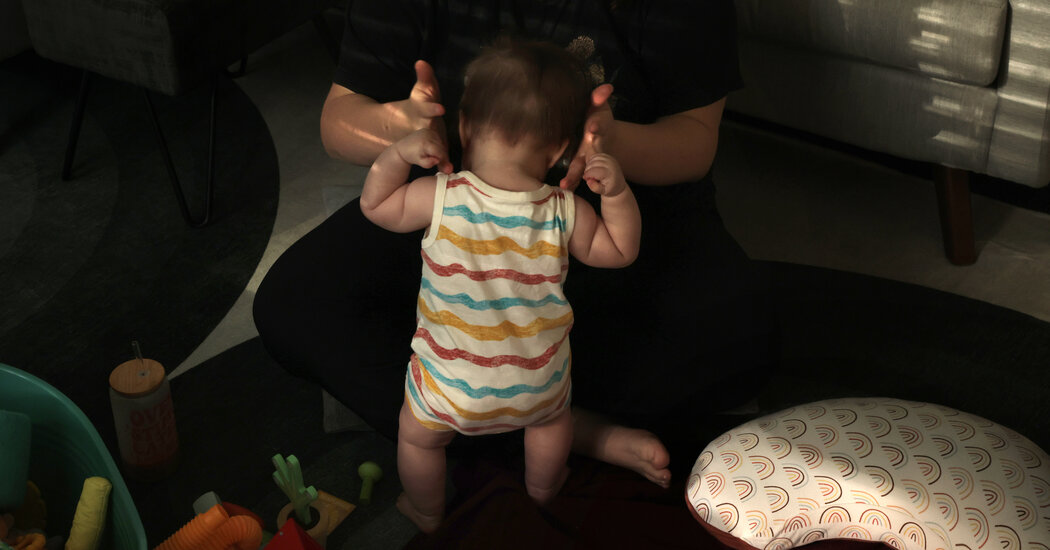
What the research shows
A research team analyzed records of nearly a million women in Sweden’s national medical registries from 2001 through 2017, comparing 86,551 women who had perinatal depression with 865,510 women who did not. The groups were matched by age and year they gave birth.
In two studies, the team found that depression that begins in pregnancy or soon after can have troubling implications for as long as 18 years.
One study, published on Tuesday in JAMA Network Open, found that women with perinatal depression had three times the risk of suicidal behavior, defined as attempted or completed suicide, than women who did not experience perinatal depression. Risks were greatest in the year following their diagnosis, but, while they lessened over time, years later the risks were still twice as high compared with women without the disorder.
The other study, published on Wednesday in BMJ, found that women with perinatal depression were more than six times at risk of dying by suicide as those without that diagnosis. The number of suicides was small, but it accounted for a large share of the deaths of women diagnosed with perinatal depression: 149 of the 522 deaths in that group, or 28.5 percent. For women without perinatal depression, there were 117 suicides out of 1,568 deaths or 7.5 percent.
Suicide was a major reason women with perinatal depression were twice as likely to die from any cause over the 18-year period of the study compared with women without the disorder.
The researchers also compared more than 20,000 women with perinatal depression to their biological sisters who gave birth during the same time frame and did not have the disorder. The risk of suicidal behavior for the sisters with perinatal depression was nearly three times that of their sisters without the diagnosis — almost as high as the difference between women with the illness and those without it to whom they were not related. That suggests depression plays a greater role in these outcomes than genetics or childhood environment, the researchers wrote.
Behind the numbers
The average age at which women experienced perinatal depression was 31. They were more likely than those without the illness to live alone, to have lower income and less formal education, to have smoked recently and to have not given birth before, among other characteristics, the researchers reported.




